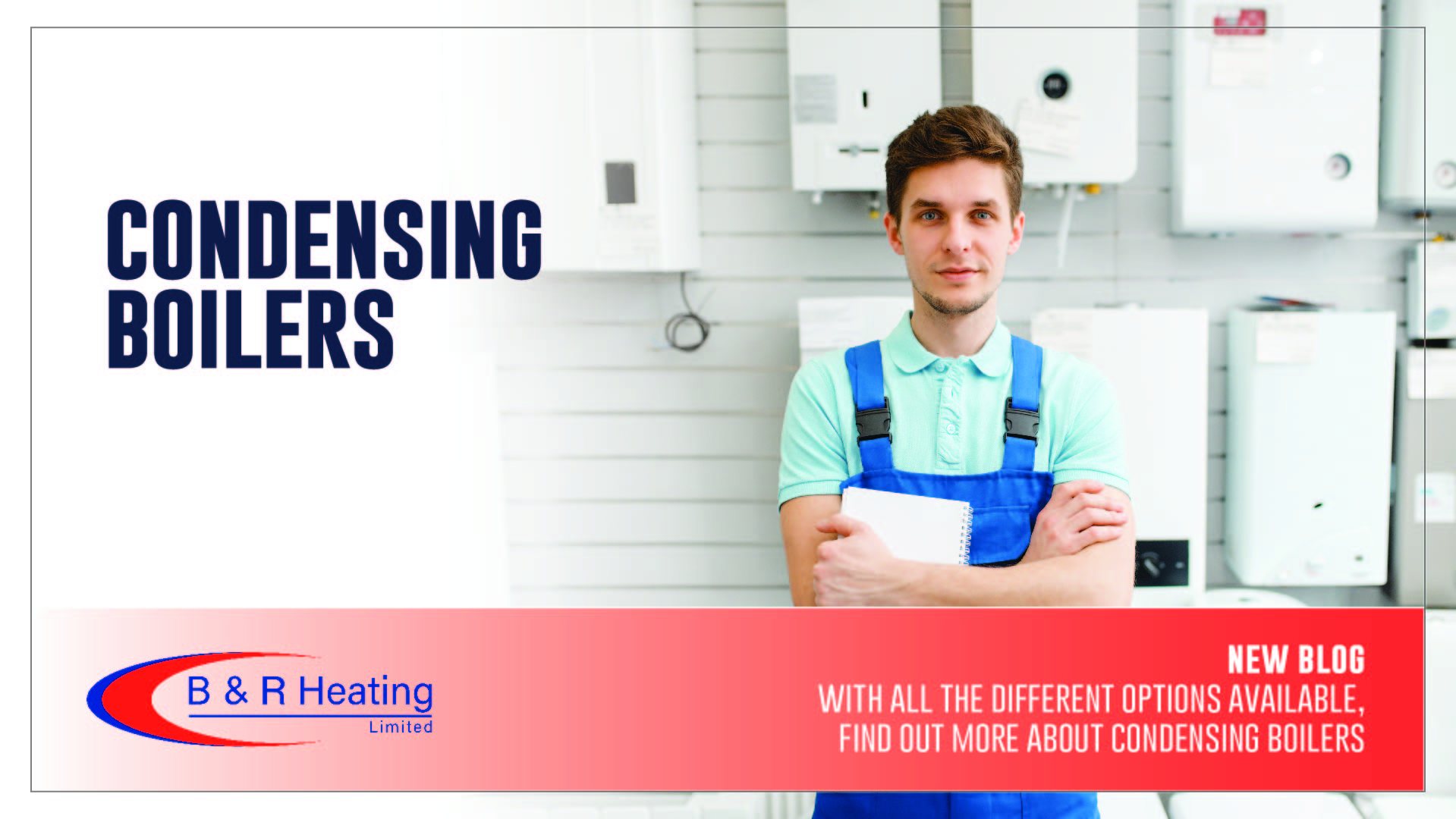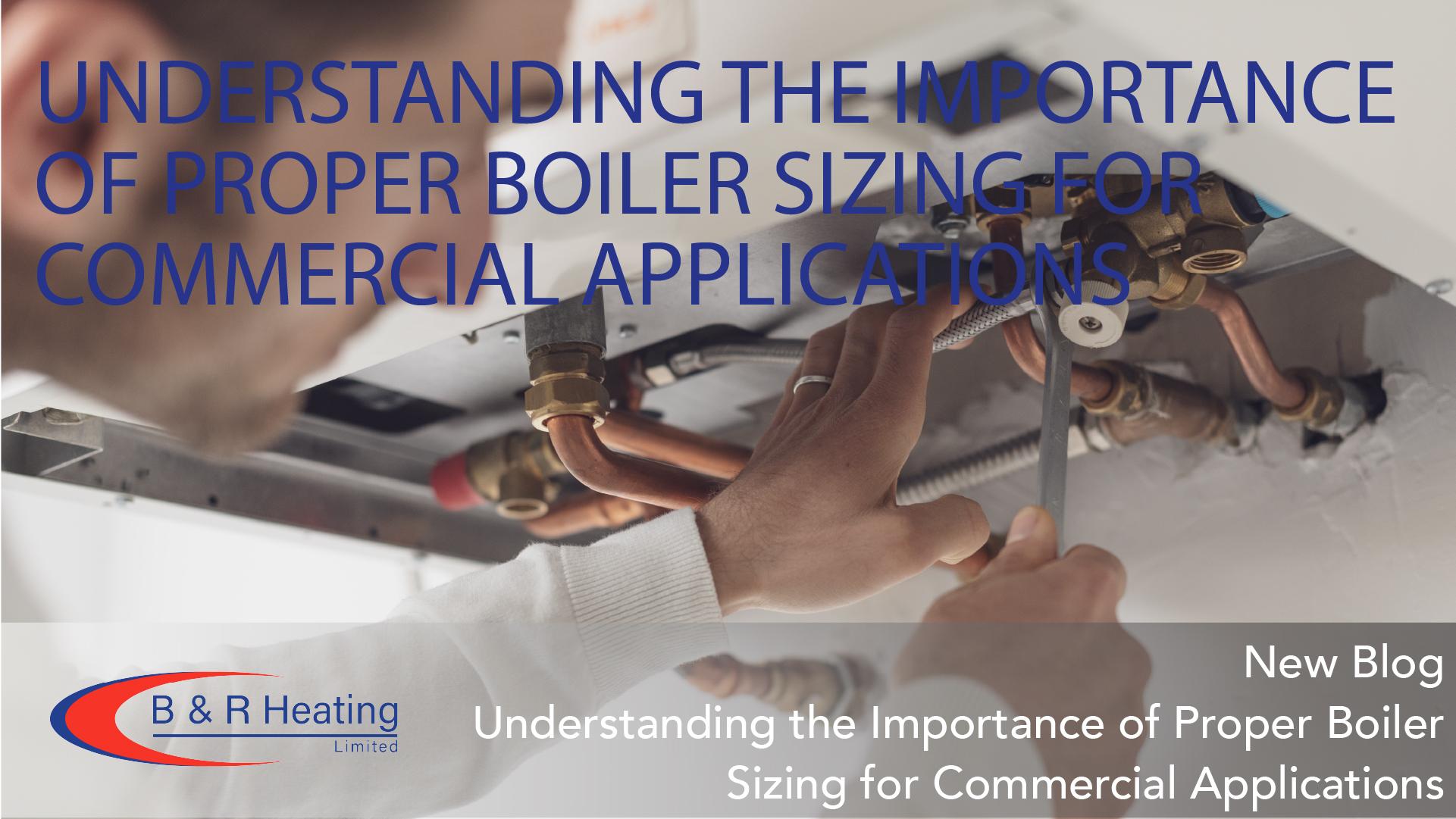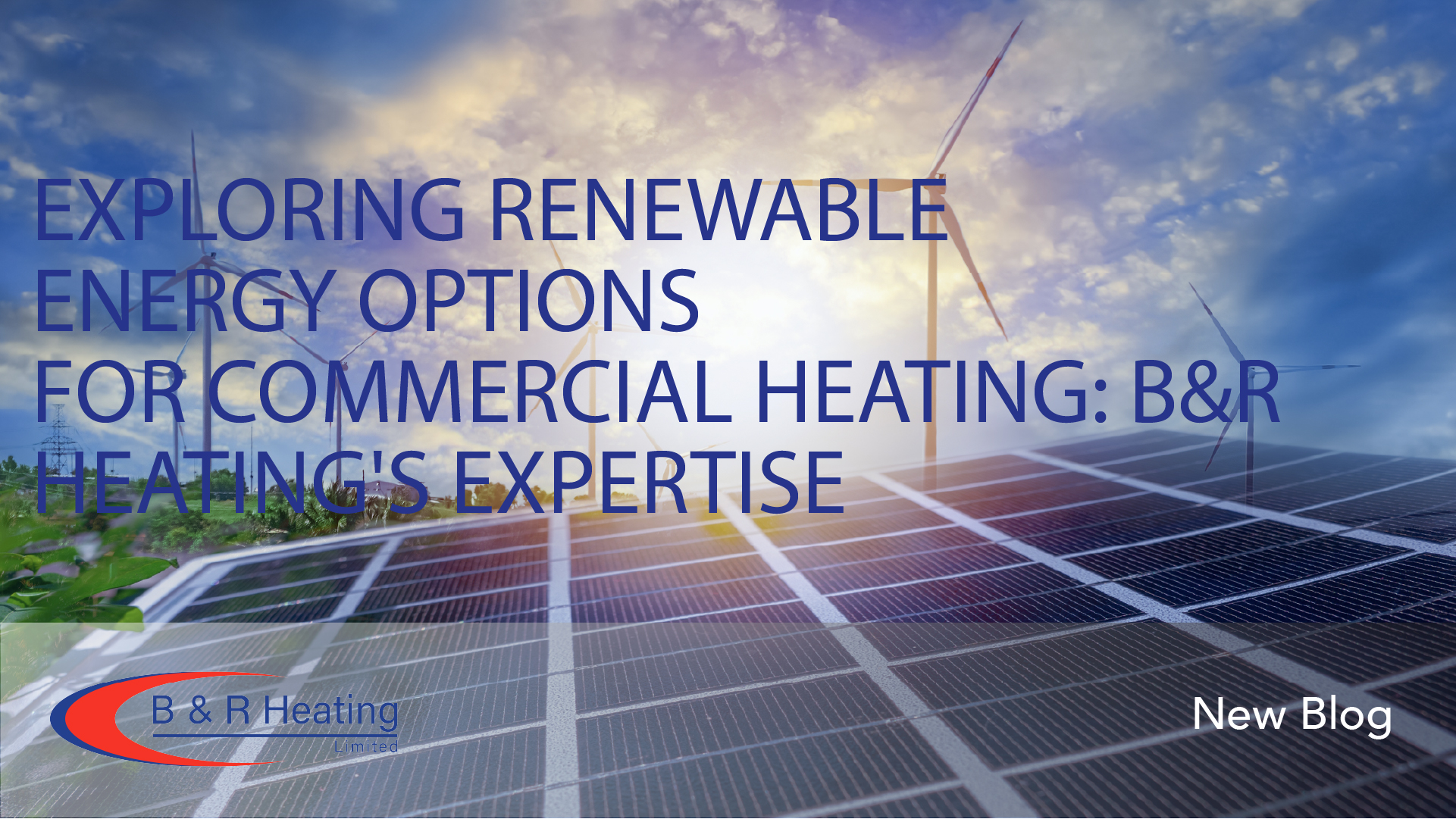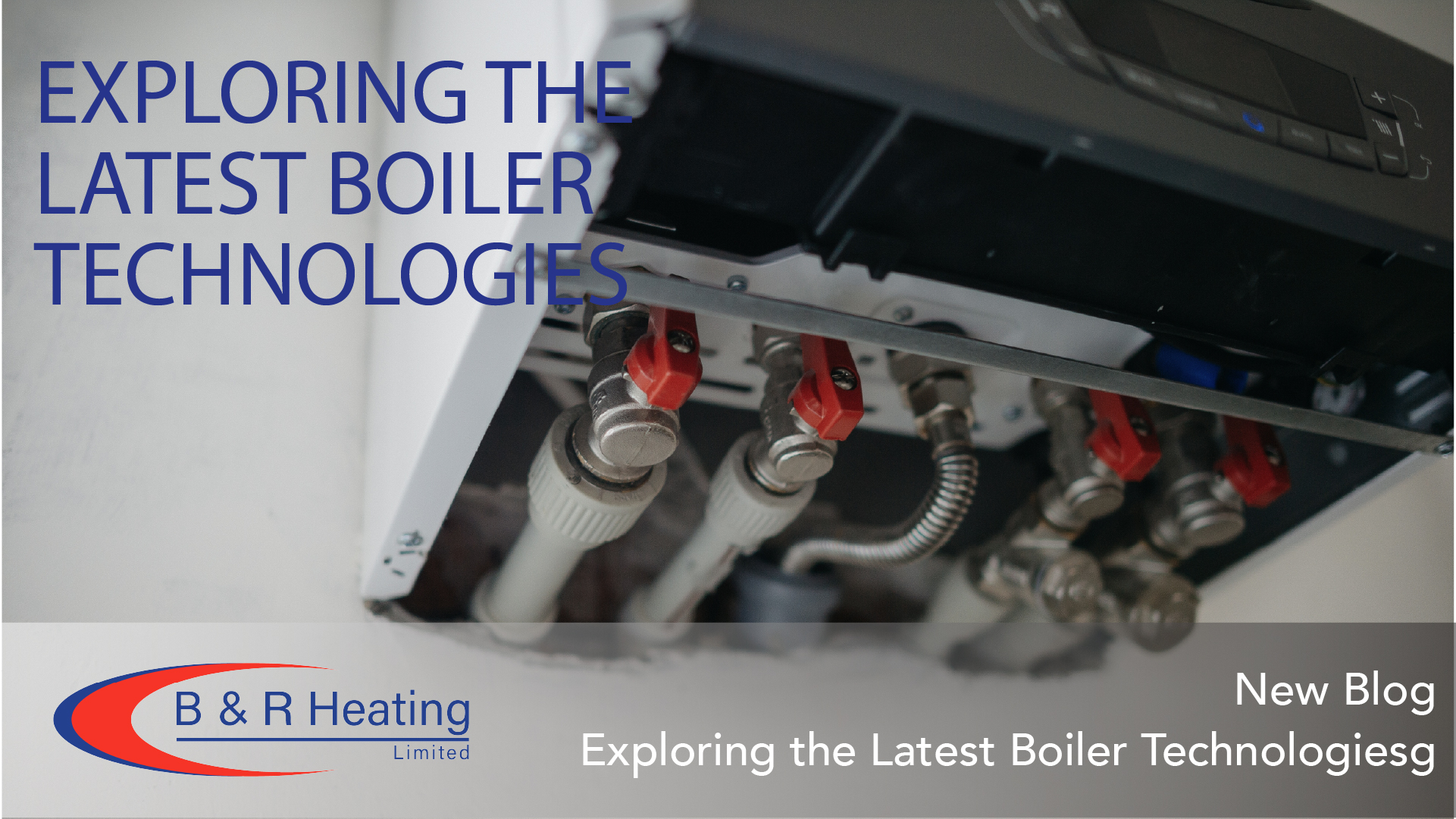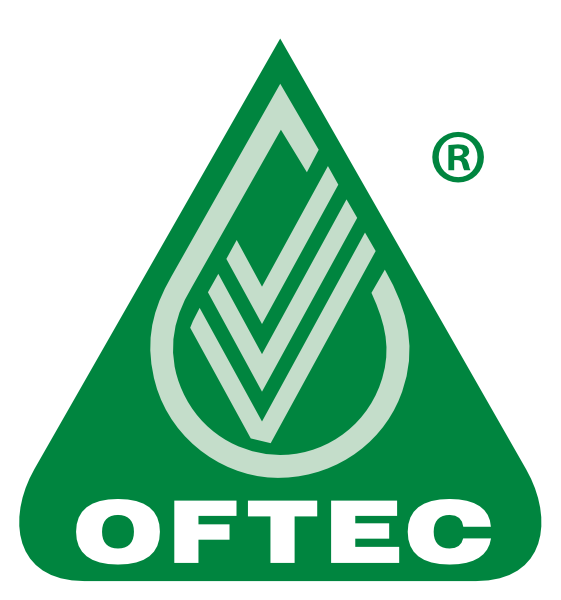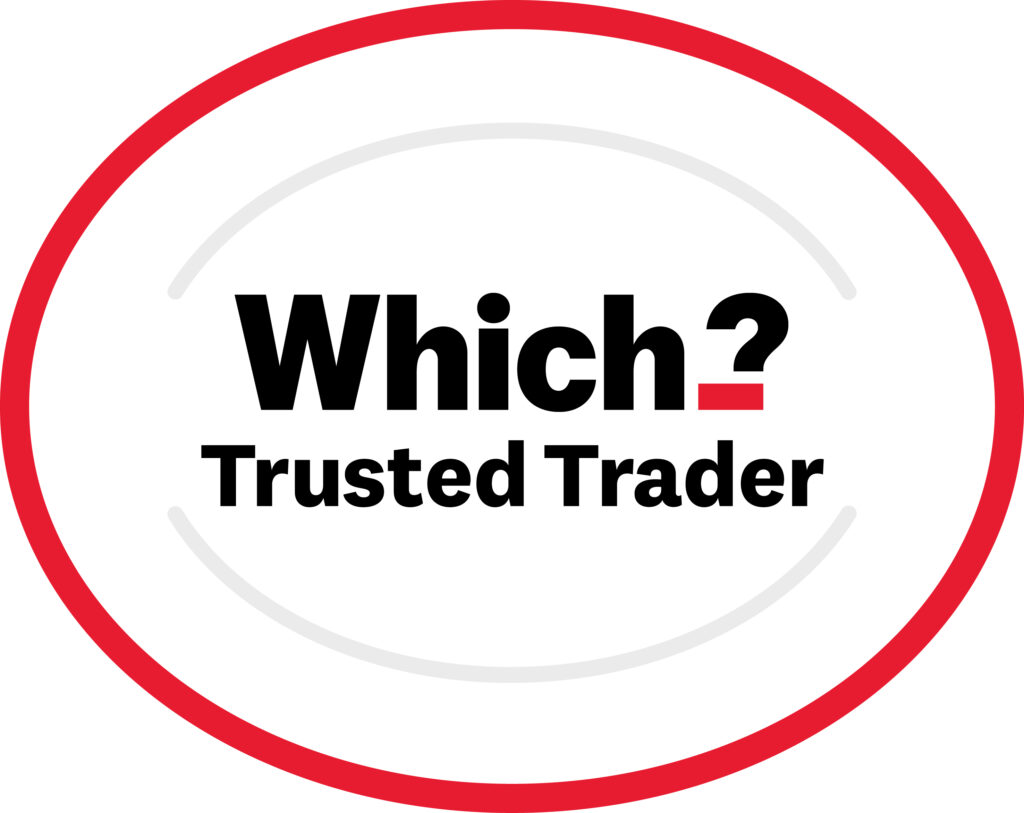It can be hard to know which type of boiler is right for you and your home. With all the different options available, we’re going to walk you through condensing boilers: what they are, how they work, and the pros and cons of having one.

What is a condensing boiler?
Most modern homes have an efficient boiler, like the condensing boiler. An oil- or gas-fired condensing boiler was created to help increase energy efficiency, reduce wasted energy, and save money.
How do condensing boilers work?
To maximise the efficiency of the heat it produces, condensing boilers use condensing technology. Gases are discharged through a flue during the burning of fuel, such as gas or oil. These gases would usually be discharged into the atmosphere in a non-condensing boiler system, however, a heat exchanger in a condensing boiler collects the hot gases and recycles them back into the system.
What is the advantage of a condensing boiler?
One of the obvious advantages of a condensing boiler system is its energy efficiency, reduced wasted energy, and money saving. As well as these though, there are some other benefits, including:
- Environmentally friendly – Condensing boilers are more energy-efficient than conventional boilers, which results in lower carbon emissions. Around 1,220kg of carbon dioxide could be saved annually.
- Wireless technology – You can use wireless programming for convenience. This detects air temperature automatically and adjusts your heating as necessary.
- Save space – Condensing boilers conserve space because they don’t need the same type of ventilation as non-condensing units do. This means your boiler can be tucked away, giving you more room for other things.
- Long-lasting – A non-ferrous metal is fitted to the new condensing gas boilers. This stops them from corroding over time, making them last longer.
- Safer technology – Condensing boilers have pressure relief valves that turn the boiler off in the event of a fault. They also have sealed systems that only take air from outside the property rather than inside.
What are the disadvantages of a condensing boiler?
Whether they are condensing or not, boilers can experience a wide range of issues over time. However, the main disadvantage to purchasing a condensing boiler is the acidic waste that the condensation produces. This requires installing a fluid draining system, which non-condensing boilers do not need. These condensate pipes can be prone to freezing during the winter months if installed externally, and if they do become frozen, can cause a blockage and prevent the boiler from working. Although they can be thawed out without the need for a heating engineer, this can be a pain and worry for some without the knowledge.
Is it worth upgrading to a condensing boiler?
Due to government restrictions, all newly installed boilers in the UK are now condensing boilers. Condensing boilers are more energy-efficient, and they can reduce a homeowner’s annual heating costs by hundreds of pounds. They lessen a family’s carbon footprint as well making this a great choice for your home.
If you’re looking for a new boiler and want to know your options, visit our website to see the other types of boilers available: https://brheatingltd.co.uk/boilers-fuel-boiler-information/
And if you have any questions, don’t hesitate to get in touch on 01752 695050.

